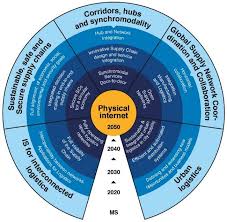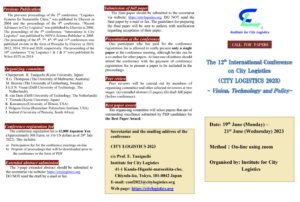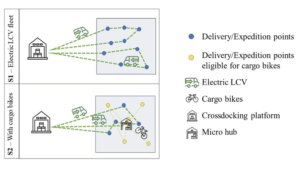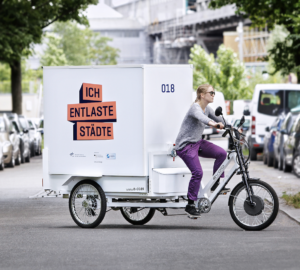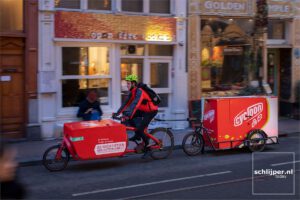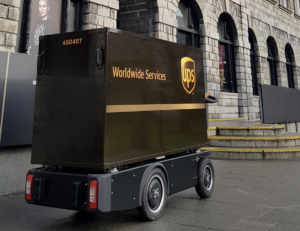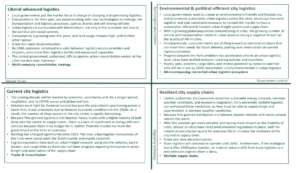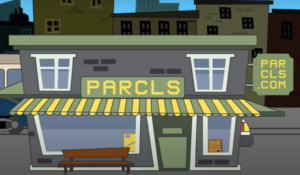The carbon footprint of alternative grocery shopping and new transportation options
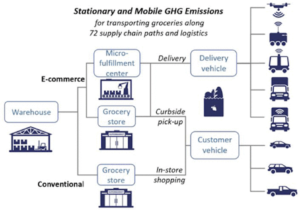
The COVID-19 pandemic has accelerated the growth of e-commerce and automated warehouses, vehicles, and robots and has created new options for grocery supply chains. As shoppers searched for safe and convenient ways to get essential items, grocers adapted to meet increased e-commerce demand. Micro-fulfillment center enabled grocers to quickly fill pickup orders, sometimes within an …

